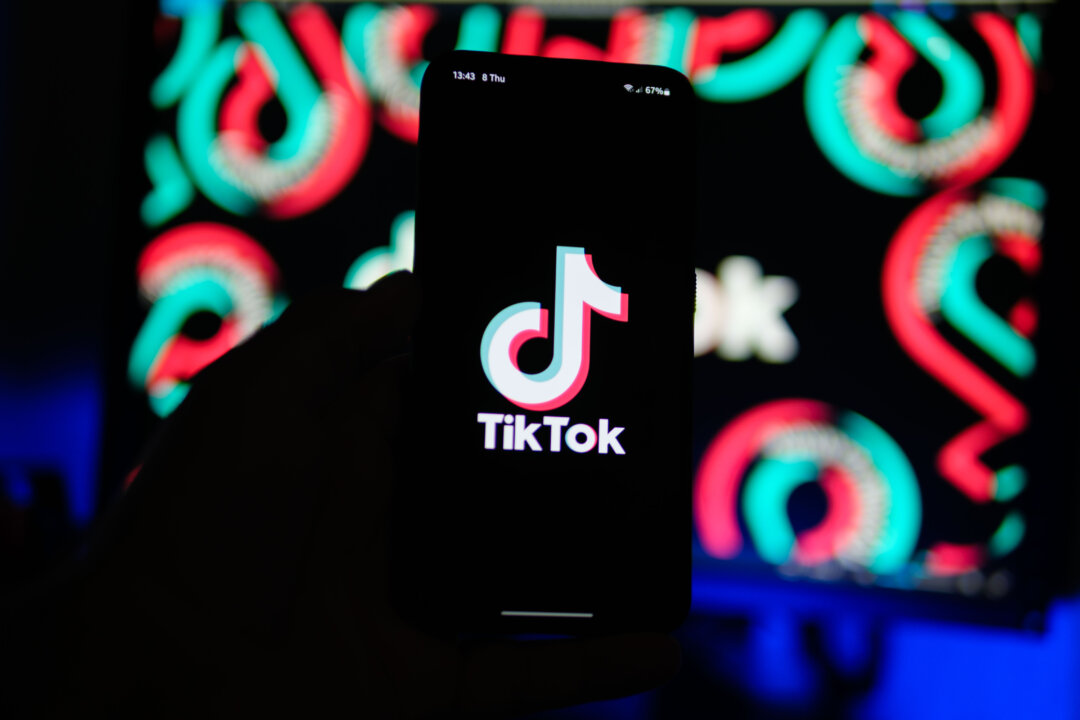TikTok and parent company ByteDance asked a court on Dec. 9 for an emergency injunction of the law that would require TikTok to sell to a non-foreign adversary-owned company by Jan. 19, 2025, or cease operating in the United States.
A three-judge panel for the U.S. Court of Appeals for the District of Columbia had last week upheld the Protecting Americans from Foreign Adversary Controlled Applications Act that petitioners challenged as unconstitutional, continuing the 270-day sale-or-ban countdown.
Petitioners argue that without an emergency injunction to block the law until the U.S. Supreme Court can review the case, they would have to shut down “one of the Nation’s most popular speech platforms—for its more than 170 million domestic monthly users on the eve of a presidential inauguration.”
“Before that happens, the Supreme Court should have an opportunity, as the only court with appellate jurisdiction over this action, to decide whether to review this exceptionally important case,” the petition reads.
TikTok also appeared to be banking on President-elect Donald Trump having a potentially different position on the issue.
“And an injunction is especially appropriate because it will give the incoming Administration time to determine its position—which could moot both the impending harms and the need for Supreme Court review,” the petition reads.
During Trump’s first administration, he signed an executive order banning TikTok, which never took place, as it was challenged and frozen on administrative grounds. The Biden administration picked up where the Trump administration left off and held dozens of working meetings with TikTok and ByteDance personnel with the goal of finding a solution to the national security issue, short of divestment.
During his campaign for a second term in office, Trump said that he did not support a ban on TikTok. In interviews, he said he would be able to facilitate a sale of TikTok to an American company.
The national security risk stems from ByteDance’s proximity to the Chinese communist regime. Although incorporated in the Cayman Islands, ByteDance is headquartered in China, and all entities operating in the country are subject to its national security laws. These laws could require ByteDance to share sensitive information gathered via TikTok with the Chinese Communist Party (CCP) while publicly denying the acts.
In court documents, the petitioners argue that the government has not proven TikTok to be a national security risk but has avoided stating whether data were shared with the CCP.
The petitioners now argue that the 270-day deadline the law gave TikTok shows that the national security risk was not “imminent” and would not be affected by an injunction or pause of that countdown.
Petitioners described the app as “one of this country’s most important speech platforms” and argued that the possibility of the Supreme Court accepting the appeal was high.
TikTok’s case has focused on First Amendment rights, arguing that the law violates users’ freedom of expression. The U.S. government has argued that the law does not deal with content or expression, only ownership by a foreign adversary. Some proponents of the law favor the sale of TikTok rather than ceasing its operations, but ByteDance has argued in court filings that Beijing will not allow the sale, effectively making the law a ban.
The federal appeals court upheld the law, finding no violation of the First Amendment.
The app also faces lawsuits in Canada and France, many alleging injuries to minors and violations of child protection laws.

